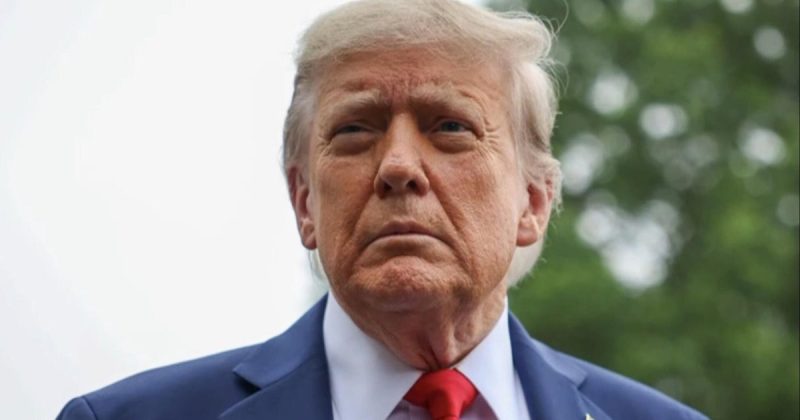
On Juneteenth, a day commemorating the emancipation of enslaved African Americans, former President Donald Trump took to Truth Social to express his opinion on the number of federal holidays in the United States. His post, which notably didn’t directly mention Juneteenth, argued that the numerous non-working holidays are costing the country billions of dollars and that businesses and workers alike are negatively impacted. He stated that the sheer number of holidays is unsustainable and needs to change to help “Make America Great Again.”
This statement immediately sparked controversy, with critics pointing out the insensitivity of focusing on economic concerns on a day dedicated to celebrating the end of slavery. Many argued that the economic costs of a single day of closure pale in comparison to the historical and societal significance of Juneteenth. The holiday, officially recognized as a federal holiday since 2021, commemorates June 19th, 1865, the day Union soldiers arrived in Galveston, Texas, to announce the delayed emancipation of enslaved people. While federal and state offices, banks, and stock exchanges typically close, private businesses are not mandated to do so.
Trump’s past stance on Juneteenth is somewhat complex. During his first term, he issued proclamations acknowledging the holiday’s historical importance and even used the holiday’s significance to justify canceling a campaign rally. However, his most recent statement appears to contradict these earlier sentiments. The White House press secretary, when asked about the former president’s observance of the day, stated that she wasn’t aware of any official proclamation but emphasized the administration’s continued operation.
The contrast between Trump’s past recognition of Juneteenth and his current comments highlights a broader debate surrounding the economic implications of federal holidays. While some argue that holidays contribute to decreased productivity and economic output, others emphasize their importance for worker morale, cultural recognition, and historical remembrance. The discussion also touches upon the balance between economic considerations and the celebration of significant historical events. Ultimately, Trump’s comments on Juneteenth have reignited a complex conversation about the value placed on both economic efficiency and cultural heritage within the American context.










